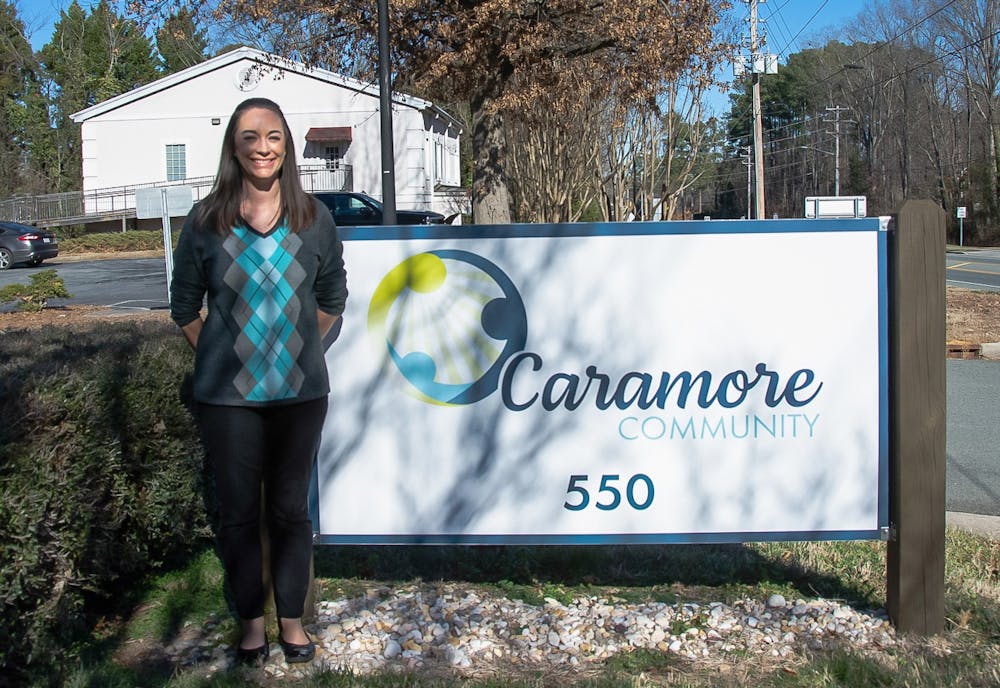Housing instability — a body of issues including trouble paying rent, overcrowding, homelessness or spending the bulk of household income on housing — has been seen to contribute to mental health issues among individuals, especially in recent years.
Housing instability is a prominent issue facing many North Carolina residents. About 348,000 renter households in North Carolina are at an extremely low-income level and 69 percent of these households have severe housing cost burdens, according to data from the National Low Income Housing Coalition.
The state has a deficit of almost 200,000 rental homes for people who fall into the extremely low-income category.
Currently, a number of UNC students do not have guaranteed on-campus housing for the 2023-2024 school year. One such student, Bevin Adams, said the situation has been troubling.
“I would just like more communication and just understanding [as to] why we don't have housing,” Adams said.
She said she is anxious about the situation, but that UNC is currently offering no mental health resources to students directly impacted by the lack of housing in the coming school year.
As of 2022, North Carolina is one of the top states for housing instability among college students, with 17 percent of them facing housing insecurity.
Heather Griffin-Dolciney, the clinical and operations director at the Freedom House Recovery Center in Chapel Hill, said she has seen the negative impact housing instability can have.
“I think it has a great effect on the mental health of individuals because housing serves as the foundation of security and stability in people's lives,” Griffin-Dolciney said.




